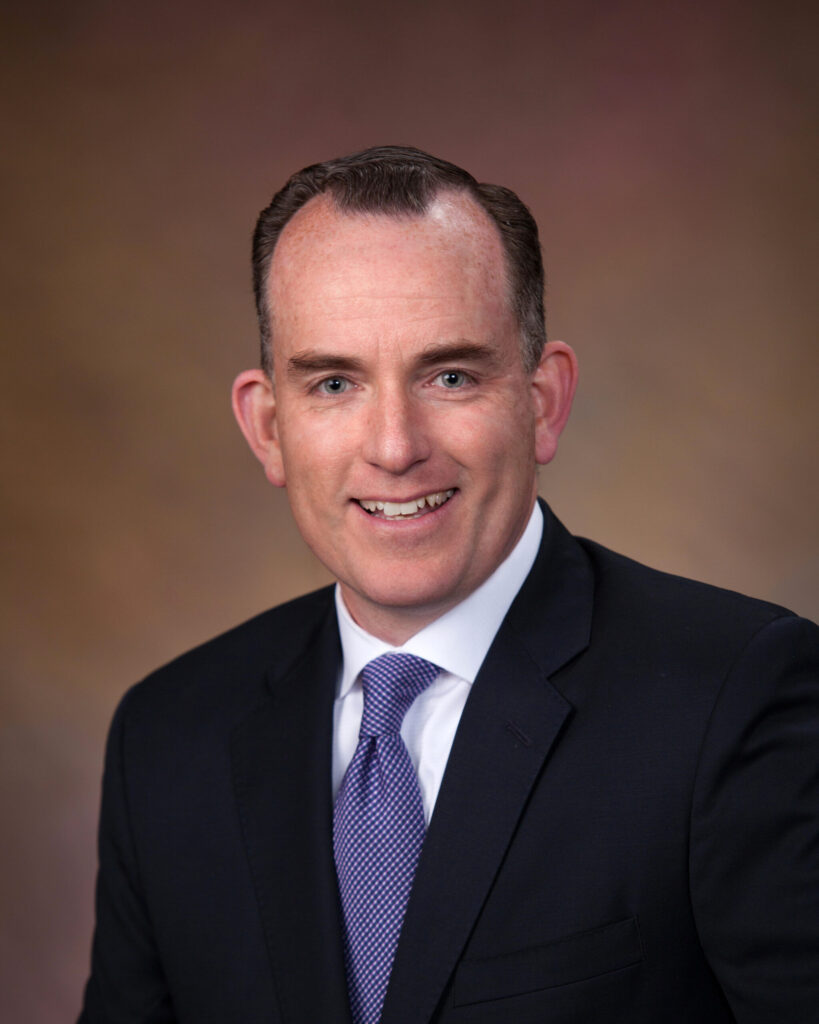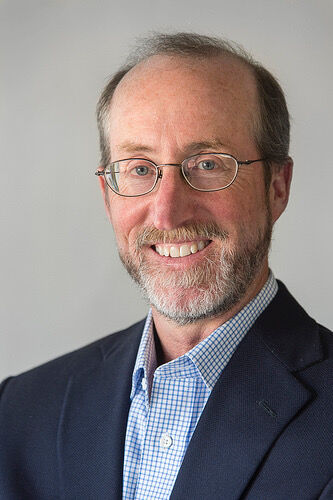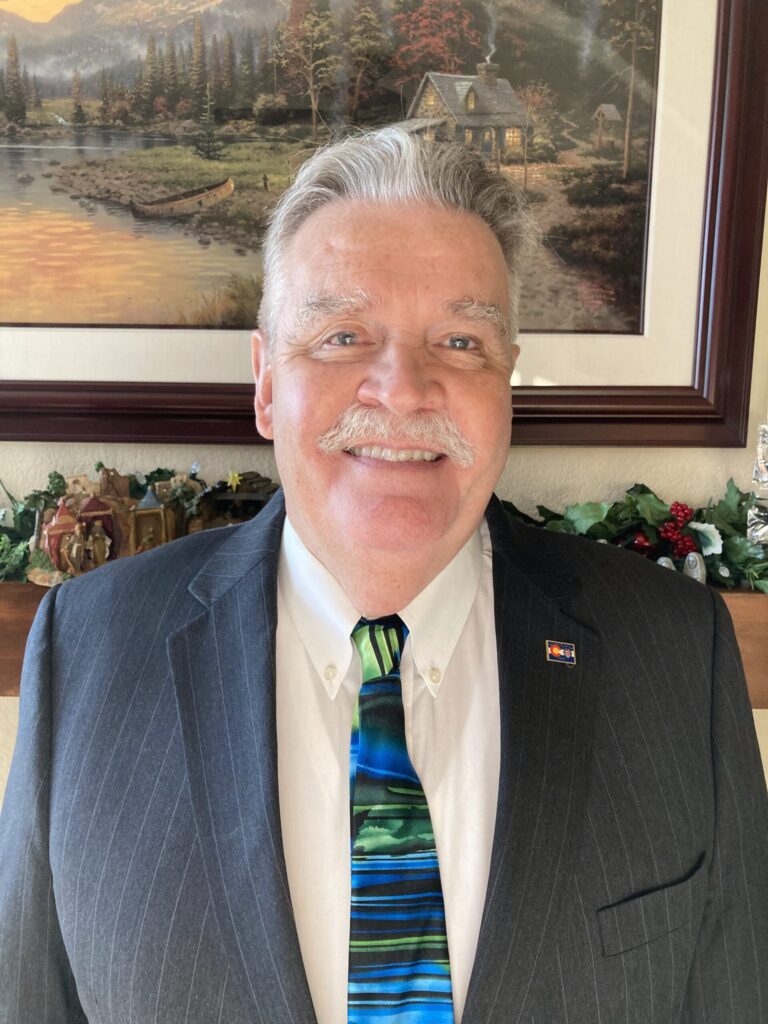Attacks on free speech aren’t just confined to college campuses
In the 2017 session of the Colorado General Assembly, I cosponsored legislation to create additional protections for free speech on Colorado university campuses, and the bill passed with unanimous support from both Republicans and Democrats. Yet, what was most amazing was not the bipartisan support but the fact that the bill was necessary in the first place. Why is something as fundamental as freedom of speech suddenly under attack on so many fronts?
As we all learn in elementary school, free speech is guaranteed by the First Amendment to the United States Constitution, part of our Bill of Rights, and it is also protected in the Colorado Constitution in Article II, Section 10. Yet, some public school officials and city mayors appear willing to turn their backs on this cardinal principle of constitutional liberty.
In August, the superintendent of the state’s largest school district sent out to the classroom teachers in his school system a memo recommending sources of curriculum materials for classroom discussions of the Charlottesville riot of Aug. 12. Some of the materials recommended by the superintendent openly endorse censorship of free speech in the name of fighting “hate speech” – with hate speech being defined by a left-wing organization, the Southern Poverty Law Center.
The Charlottesville riot also left in its wake a violation of free speech by city officials in Colorado Springs, where the mayor took it upon himself to bully a private property owner into cancelling a planned 2018 conference by a national conservative group – a nonprofit organization that had no connection to the Charlottesville riot. After admitting that the city had no authority to cancel the event, the mayor announced the city would withhold public services – meaning law enforcement – from the facility hosting the event. Thus, the mayor denied the organization the constitutional protections due all citizens because of the organization’s views, something that clearly crosses the line into censorship.
Bullying actions against private persons by city officials are troublesome. Besides the Colorado Bill of Rights, there is C.R.S. 18-9-108, a statute making it unlawful to disrupt a lawful assembly:
“A person commits disrupting lawful assembly if, intending to prevent or disrupt any lawful meeting, procession, or gathering, he significantly obstructs or interferes … by physical action, verbal utterance or any other means.”
Instead of enforcing a state law which exists to protect freedom of speech, the city chose to threaten to withhold the protection of the law from a controversial conservative group facing the threat of disruption. In effect, the mayor and city officials shamefully chose to side with the disrupters.
That action is an example of the worst form of censorship, self-censorship. When the mere threat of violent disruption is enough to abandon freedom of speech, not only university administrations but also other public officials too frequently turn into public cowards.
In the Charlottesville case, the city council’s attempt to cancel a permit for an event in a city park was blocked by federal District Court Judge Glen E. Conrad – on the specific grounds that the city was showing favoritism based on the content of speech. The threat to withhold city services – meaning law enforcement – amounts to censorship and is unconstitutional.
The First Amendment of the U.S. Constitution and Colorado’s own Bill of Rights were not carved into stone and protected by the blood of seven generations of patriots to protect the freedom of speech of popular causes and conventional viewpoints. Those constitutional protections are available to all Americans – left-wing, right-wing or country-club centrists.
Moreover, city officials should not allow themselves to be unduly influenced or intimidated by the news media’s portrayal of a group as controversial based on information published by a group the Weekly Standard has called “King of the Fearmongers,” the highly partisan Southern Poverty Law Center.
Coloradans can feel proud that freedom of speech on Colorado’s university campuses has been given added protection by legislation enacted in the 2017 session of the legislature. However, it now appears that freedom of speech is not universally respected and protected in all Colorado communities, so the 2018 session legislators may have to shore up the protections afforded free speech in Colorado’s municipalities. Let us hope the same spirit of bipartisanship will prevail in that endeavor.











